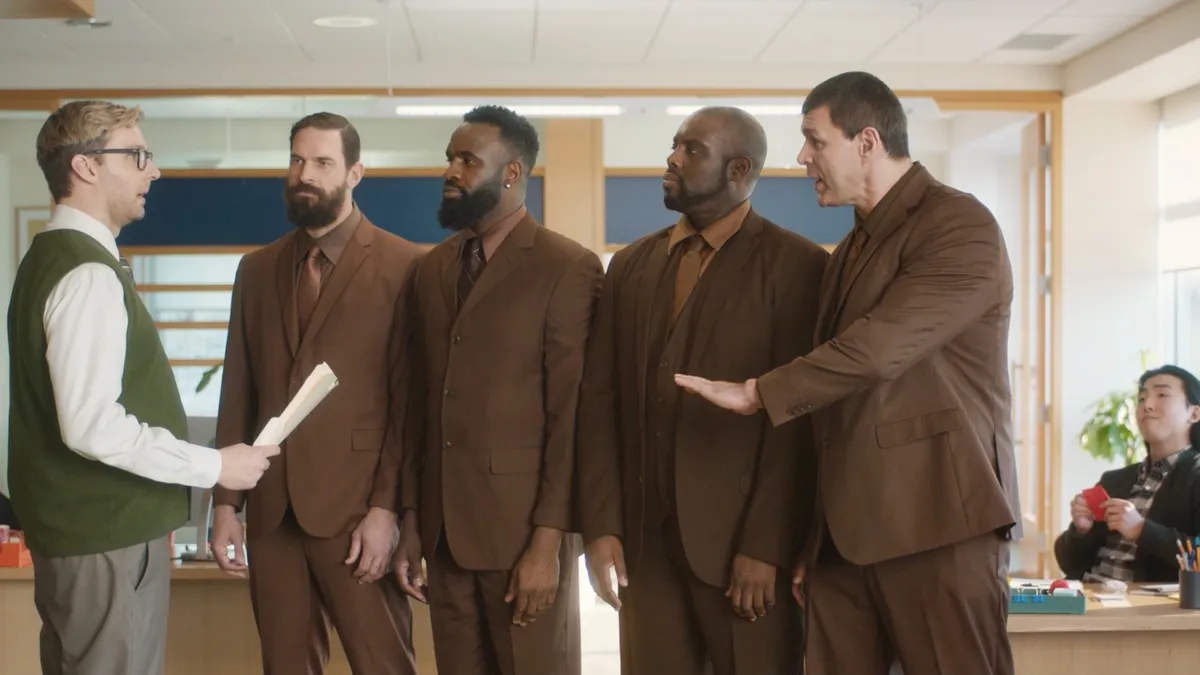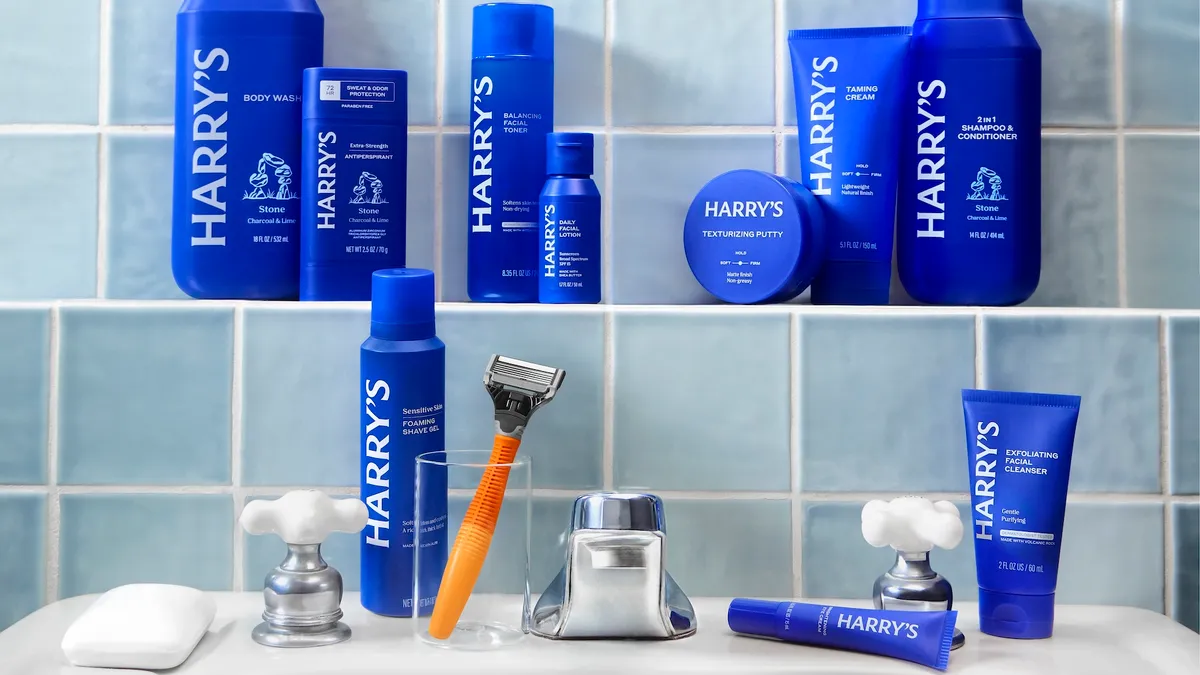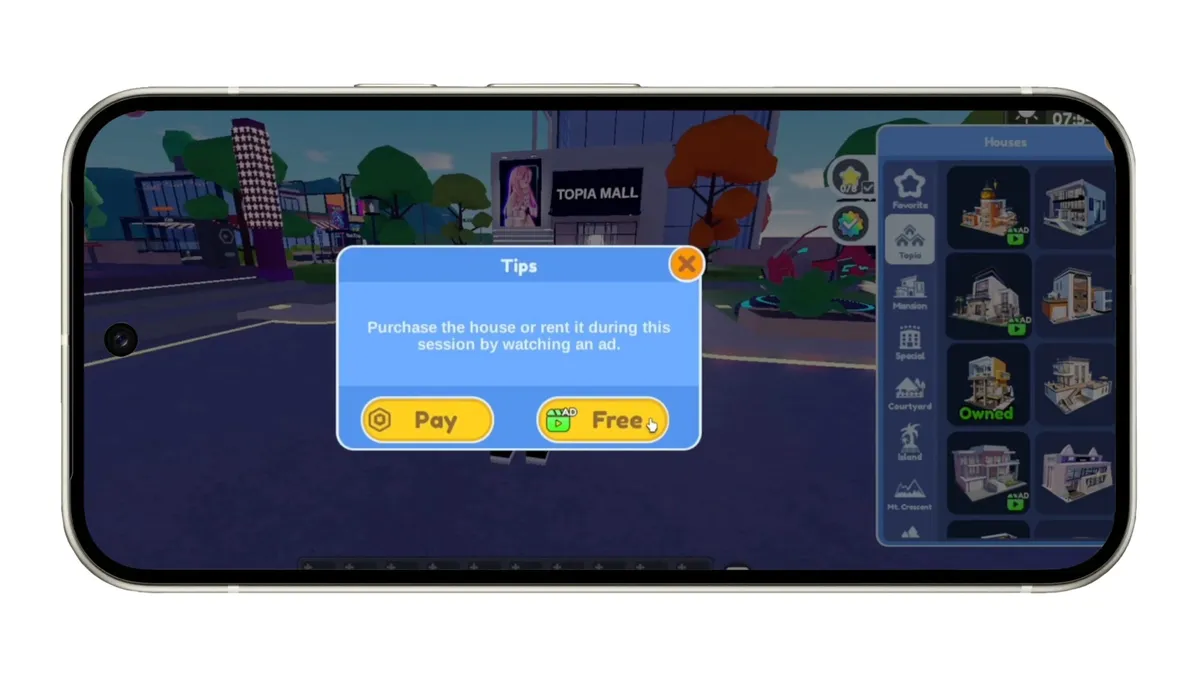UPDATE: February 25, 2021: Jeep reinstated its Super Bowl ad "The Middle" to YouTube Wednesday following news that star Bruce Springsteen was cleared of a DWI and reckless driving charge, Ad Age reported. The spot, which accrued more than 37 million YouTube hits before being pulled, had a little over 1,500 views at press time. Further plans around the campaign are unclear at the moment, per Ad Age.
It was one of the most talked-about ads of Super Bowl Sunday: A solemn two-minute epic from Jeep where Bruce Springsteen pleaded for a divided America to find common ground. The commercial, titled "The Middle," disappeared from Jeep's social media channels just days later as the automaker reacted to news that Springsteen was charged with a DWI in November.
As marketers feel growing pressure to cut ties with problematic ambassadors and reckon with their own troubled histories, consumers might welcome the decisive action. For an automotive brand, the association with a DWI likely amplified the urge to act.
"It would be inappropriate for us to comment on the details of a matter we have only read about and we cannot substantiate," Jeep said in a statement shared via a spokesperson. "But it’s also right that we pause our Big Game commercial until the actual facts can be established. Its message of community and unity is as relevant as ever. As is the message that drinking and driving can never be condoned."
Shifting to damage control mode still chalks up a loss for Jeep, which likely spent millions on the campaign and scored a coup in signing Springsteen, who had not previously appeared in a commercial. Online conversation about Springsteen has in recent days outpaced that around the ad itself, according to a Brandwatch analysis shared with Marketing Dive, throwing cold water on any momentum the effort might have had coming off the big game.
"I don't think it necessarily reflects poorly on Jeep; it doesn't necessarily reflect poorly on the campaign itself," said Kellan Terry, director of communications at Brandwatch. "It does, however, distract from the brand and from the campaign. That's the real fallout here for Jeep."
A lack of clarity regarding the particulars of Springsteen's arrest at the same time raises the question of whether Jeep acted too quickly. Some experts went a step further, speculating Jeep's move to nix "The Middle" from platforms like YouTube, where it accumulated more than 35 million hits, could be one of convenience.
"[The ad] didn't resonate with certain populations and I wonder if this is Jeep's way of getting out from under that," said Geeta Menon, a professor of marketing at NYU's Leonard N. Stern School of Business.
Lack of clarity
Moving fast to address a problem is top of the agenda for marketers during the pandemic. The health crisis has made last-minute cancellations common, while raising consumer sensitivities to what would otherwise be innocuous imagery and messaging. The walking on eggshells effect helps explain why some brands sat out the Super Bowl this year, while others played it safe to the point where ads felt tonally disconnected with reality.
"Everything is under a microscope," Menon said. "If you don't do the right thing, the reaction is disproportionate to the misdemeanor."
Many in the industry frame the fast-response mindset to crisis as "agility," but it's an approach that can lead marketers to miss the forest for the trees. The details of Springsteen's arrest are hazy, as a report from the Asbury Park Press revealed the musician's blood alcohol content was below the legal limit. The artist also has a relatively clean image in an industry known for excess.
Springsteen's failure to disclose the November incident — or Jeep's to properly vet the musician — would be a noteworthy oversight, but not necessarily damning for the Jeep brand.
"I don't actually know what the thinking was, but it does seem like an excessive move for something that's not clear," Menon said of Jeep's decision to pull the ad.
"If the company does something bad, it's very difficult to overcome. In this case, it seems like it's more ambiguous," Menon added. "It's not clear that it's a negative."
What is clear is that "The Middle" was not universally well received, though Jeep likely girded itself for a divisive response in wading into the political sphere. The spot was one of the few at the Super Bowl to address the national climate, and drew decidedly mixed reviews. Right-leaning camps were put off by the presence of Springsteen, a vehement critic of former President Donald Trump, while more progressive viewers found the concept of the middle nebulous or even offensive.
"Out of the top 10 most-mentioned brands during the game, Jeep actually had a negative sentiment around its conversation," Terry said, referencing Brandwatch's analysis. "The call for unity in February of 2021 is quite divisive, in a strange twist of irony."
Christian imagery featured prominently in the commercial, creating what some naysayers viewed as a narrow picture of the country. The political middle is also simply not a realistic prospect for many consumers at the moment in the wake of events like the Capitol riots.
"I wonder if the timing is just off," Menon said. "We're in the middle of the second impeachment of the former president and the emotions are running high. People can't really see what the middle looks like.
"Middle automatically means compromise, and compromise, at least for the people that are leaning-left: It's racism, sexism, bigotry — and that's absolutely unacceptable," Menon added.
What's next
Regardless of Jeep's motivations for pulling the ad, the maneuver provides the brand an opportunity to tweak strategy and refine messaging in a way that's potentially more resonant and appealing.
"They'll probably reassess," Menon said. "I'd be surprised if they continue the Springsteen ad, but at the same time, they can definitely go back to it when the political situation has calmed down."
One avenue — the riskier one — would be to double down on politics. That might require being bolder in directly addressing topics like anti-racism, which would stir further controversy but are hard to argue against, Menon said. Alternatively, Jeep could backpedal.
"What Jeep would probably do is try to come up with a strategy where they come across less politically aligned, or at least clarify what they meant by the middle," Menon said. "Side-stepping this political issue right now is probably in their interest."
Following the Super Bowl, Jeep released a second digital ad as part of the campaign that does not feature Springsteen, called "The Road Ahead." The 90-second spot is more centered on Jeep's products and heritage than "The Middle." It had over 16 million YouTube hits at press time.
Figuring out what to do with the Springsteen partnership is perhaps trickier territory. The Boss was a big get to begin with and is more Teflon than many celebrities, commanding an ardent but mainstream following, per Terry. Those qualities make his appeal hard to replicate.
"Right now, this early on, it certainly feels like there are more questions than answers," Terry said. "When it comes to replacing a brand ambassador the likes of Bruce Springsteen, who is very loved .... how do you match that? If you do try to match that, are you going for someone who appeals directly to the same audience?"
Springsteen, who was reportedly cooperative throughout his arrest, is set to face trial within the next few weeks, TMZ reported. That can be a small eternity in the marketing world, but while a demand for speedy responses hasn't made the job of brands any easier, it also means that interest in the controversy might not linger.
"We can expect that this fallout or time period of more intense attention ... that generally lasts around three to five days," Terry said. "By this time next week — I hope this isn't too callous to say — but this will feel a lot like old news."























